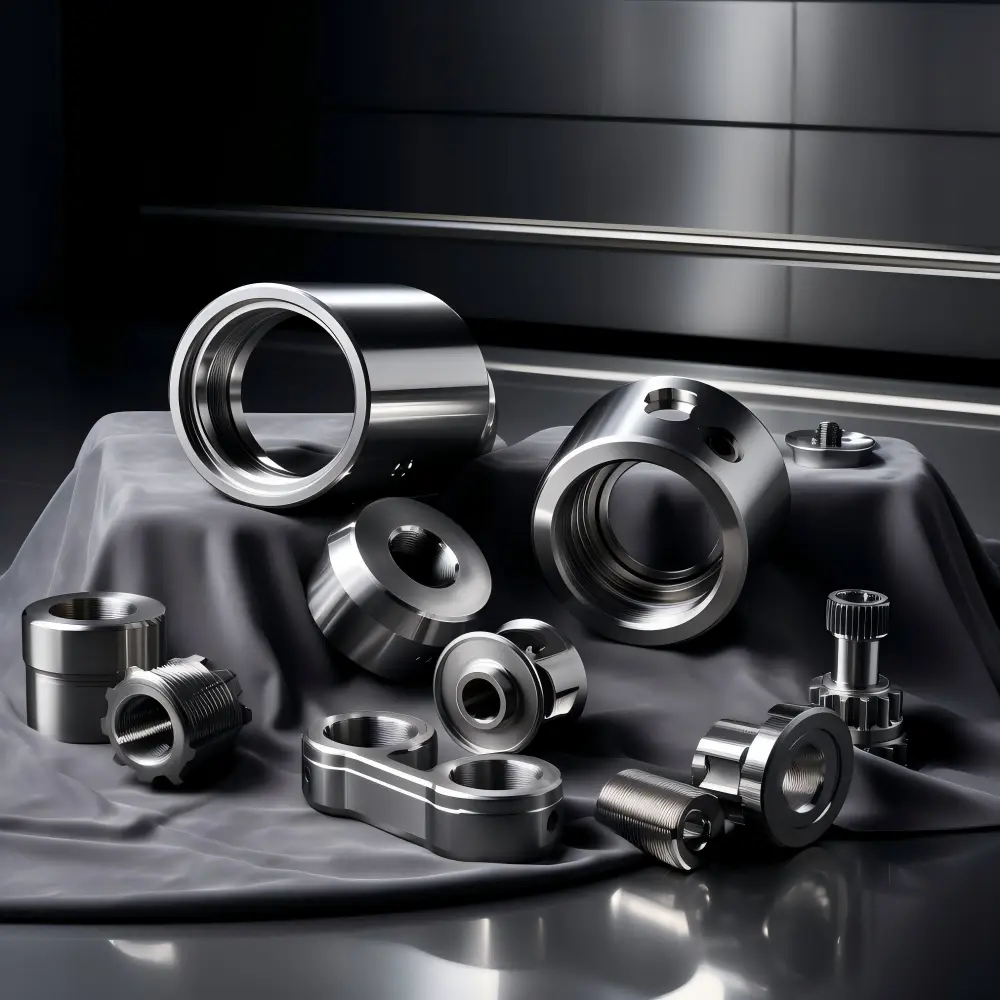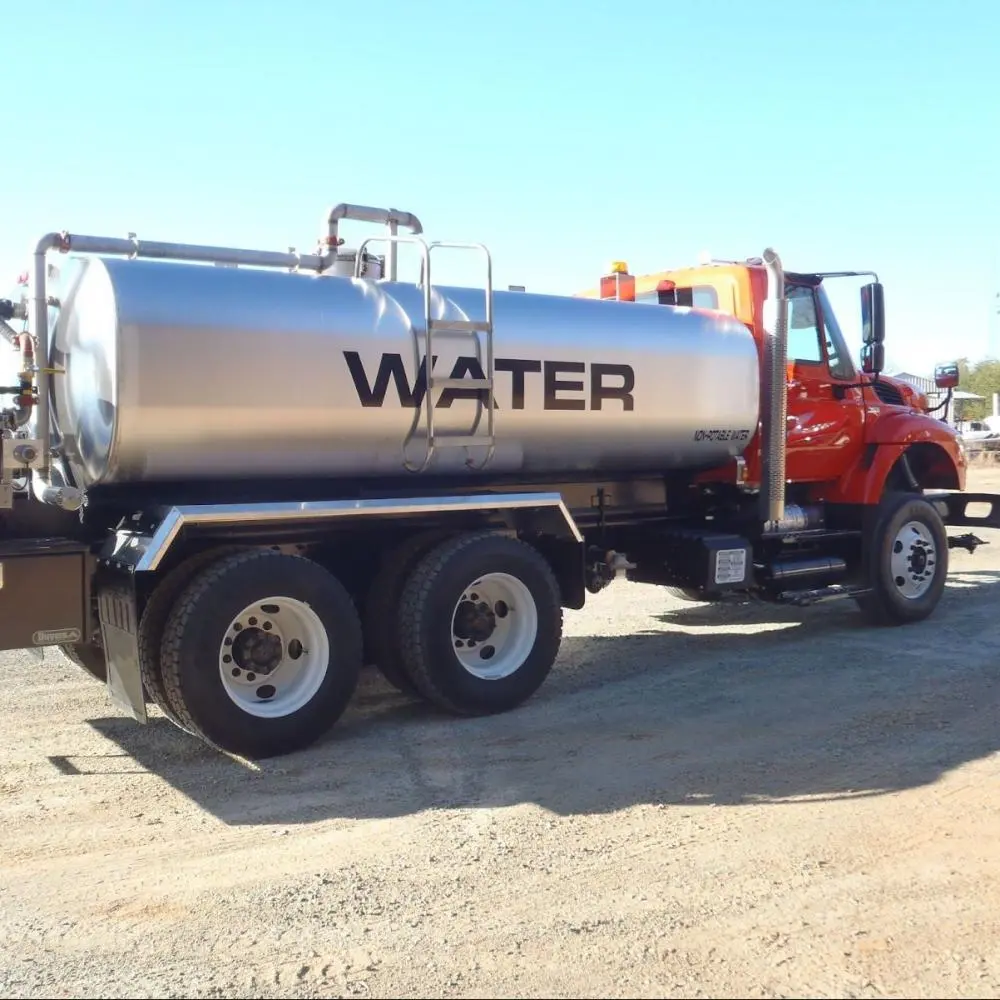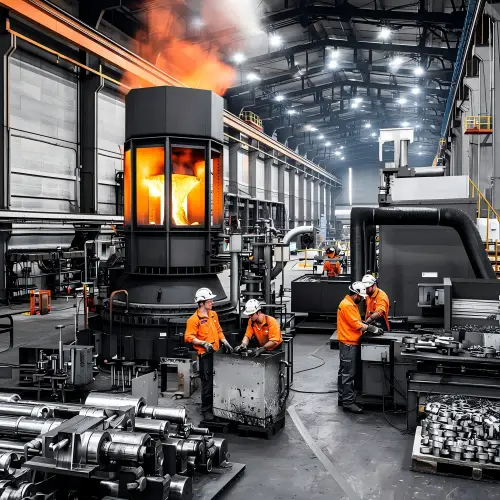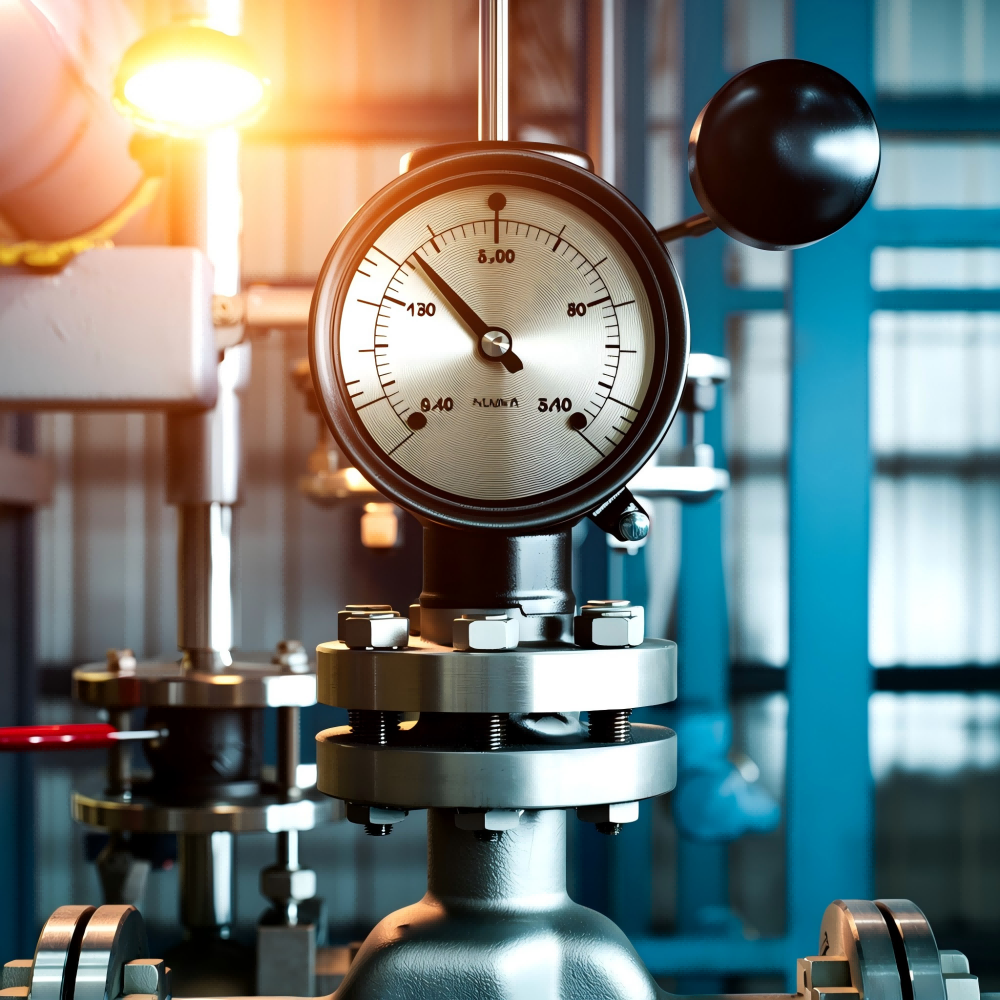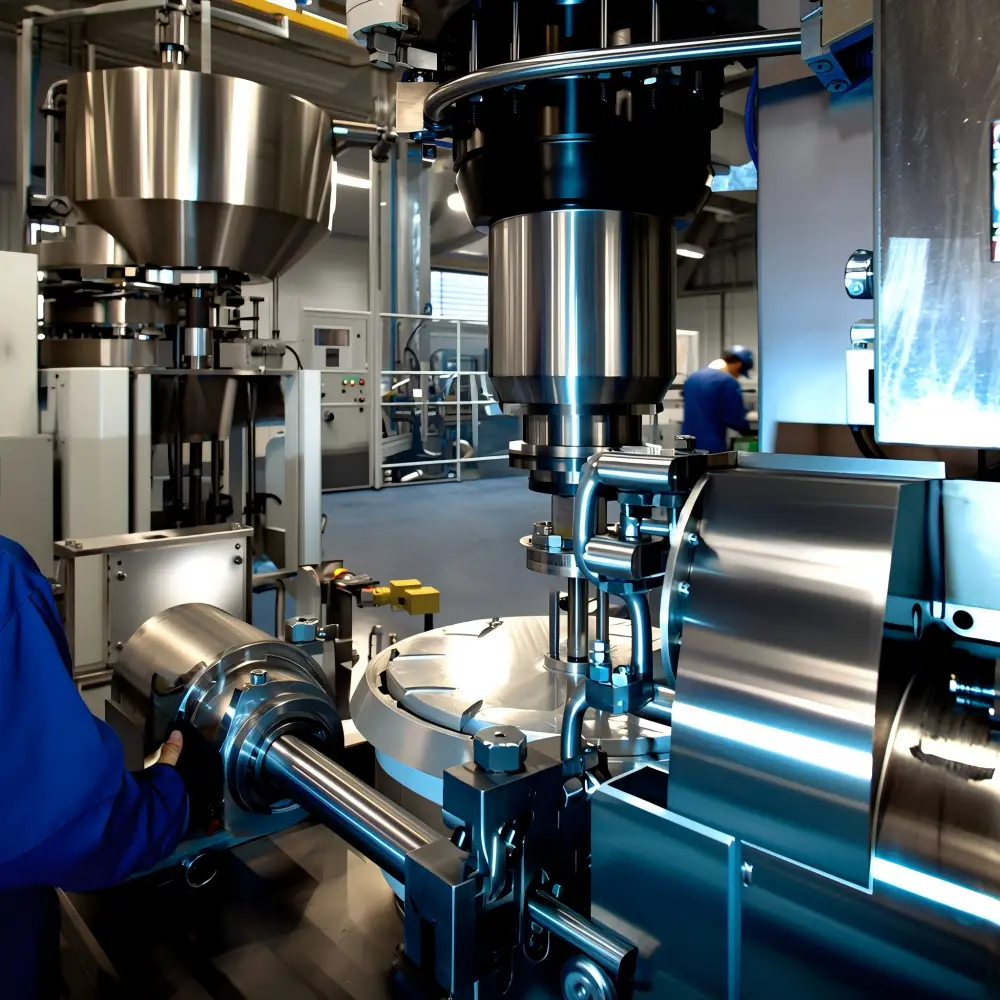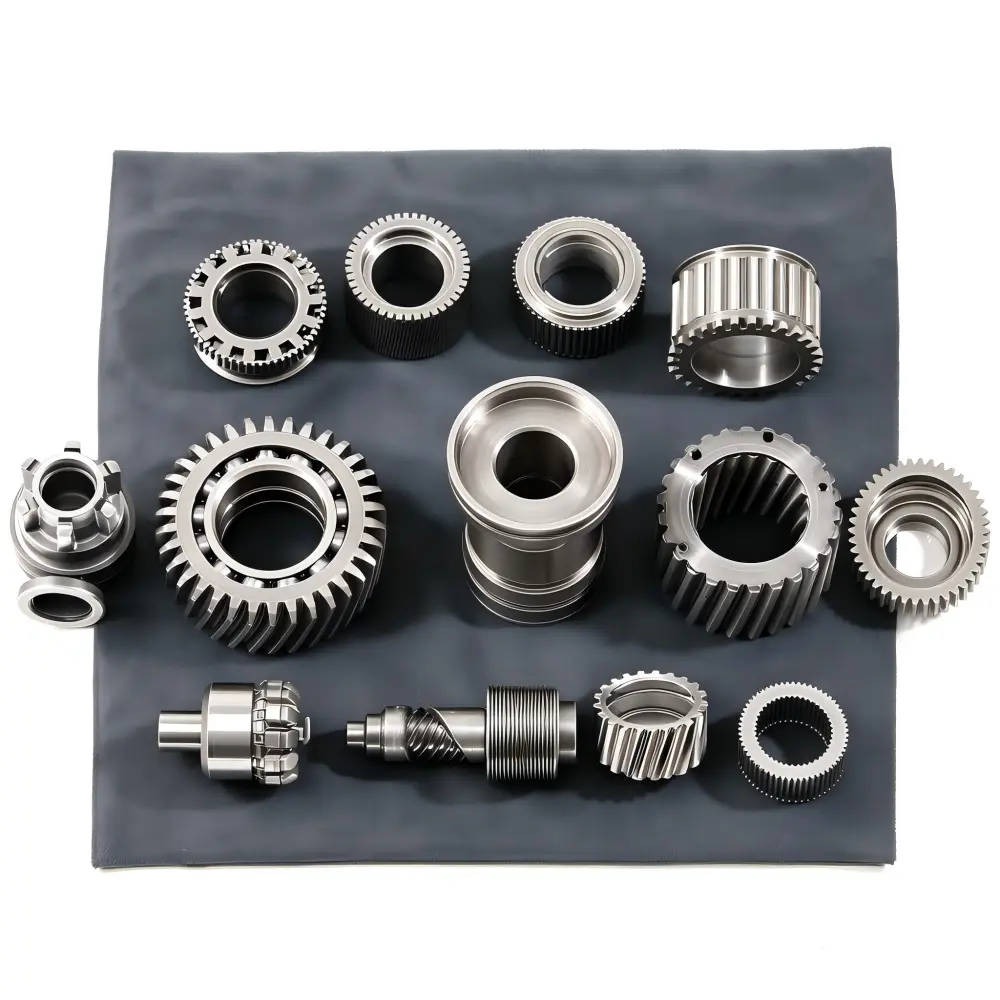What is Copper Precision Casting and How Does It Work
Copper precision casting offers a remarkable way to create intricate and accurate components using copper alloys. This process ensures exceptional detail and precision, making it ideal for industries that demand high-quality parts. You can rely on this method to produce durable components that meet strict performance standards. Its ability to deliver consistent results has made it a cornerstone in modern manufacturing. A Top Copper Precision Foundry plays a crucial role in achieving these outcomes by combining expertise with advanced techniques.
Key Takeaways
- Copper precision casting is a highly detailed manufacturing process that produces intricate components using copper alloys, ideal for industries requiring high-quality parts.
- This method minimizes material waste and allows for complex shapes, making it a cost-effective and sustainable choice for manufacturers.
- Precision in mold design is crucial; even minor inaccuracies can lead to defects, so advanced techniques like CAD are essential for achieving high-quality results.
- Copper alloys, such as brass and bronze, offer excellent thermal and electrical conductivity, corrosion resistance, and durability, making them suitable for various applications.
- Thorough inspection and quality control are vital to ensure that each component meets performance standards and is free from defects.
- Choosing a top copper precision foundry guarantees access to advanced techniques and high-quality materials, ensuring the production of reliable and precise components.
- Copper precision casting is widely used in industries like electronics, automotive, and aerospace, providing components that enhance performance and longevity.
What is Copper Precision Casting?
Definition and Key Features
Explanation of the term "precision casting"
Precision casting, also known as investment casting, is a manufacturing process that creates highly detailed and accurate metal components. This method uses a wax pattern coated with a ceramic shell to form a mold. Once the wax is melted away, molten metal is poured into the mold to produce the final part. You can achieve intricate designs and near-perfect dimensions with this process, making it ideal for applications requiring precision and reliability.
Why copper is a preferred material for precision casting
Copper stands out as a preferred material for copper precision casting due to its exceptional properties. It offers excellent thermal and electrical conductivity, which makes it suitable for components in industries like electronics and automotive. Copper alloys, such as brass and bronze, provide added strength, corrosion resistance, and durability. These qualities ensure that the final product performs well under demanding conditions. If you need components that combine functionality with longevity, copper precision casting delivers unmatched results.
Benefits of Copper Precision Casting
High accuracy and detail
Copper precision casting allows you to create components with remarkable accuracy and fine details. The process ensures that every curve, edge, and surface of the design is replicated with precision. This level of detail reduces the need for additional machining or finishing, saving time and resources. Whether you require intricate patterns or tight tolerances, this method guarantees consistent and reliable results.
Ability to create complex shapes with minimal waste
One of the standout advantages of copper precision casting is its ability to produce complex shapes. You can design parts with intricate geometries that would be challenging or impossible to achieve with other methods. Additionally, the process minimizes material waste by creating near-net-shaped components. This efficiency not only reduces costs but also supports sustainable manufacturing practices. If you value precision and resource optimization, copper precision casting is an excellent choice.
How Does Copper Precision Casting Work?
Step 1: Mold Creation
Types of molds used in the process
The mold serves as the foundation for copper precision casting. You can choose between two primary types of molds: expendable and permanent. Expendable molds, often made from ceramic or sand, are destroyed after each use. These molds work well for intricate designs and one-time production. Permanent molds, typically crafted from metal, allow for repeated use and are ideal for high-volume manufacturing. Your choice of mold depends on the complexity of the design and the production scale.
Importance of precision in mold design
Precision in mold design directly impacts the quality of the final product. Every detail of the mold must align with the desired specifications of the component. Even minor inaccuracies can lead to defects or misaligned parts. You should ensure that the mold captures every curve and edge of the design. Advanced techniques, such as 3D modeling and computer-aided design (CAD), help achieve this level of accuracy. A well-designed mold guarantees consistent results and reduces the need for post-production adjustments.
Step 2: Melting and Pouring
Melting copper alloys to the required temperature
Melting copper alloys is a critical step in the Casting Process. You must heat the alloy to its specific melting point, which varies depending on the type of copper alloy used. For example, brass and bronze have different melting ranges. Maintaining the correct temperature ensures that the metal flows smoothly into the mold. Overheating or underheating can compromise the quality of the final product. Using advanced furnaces and temperature controls helps achieve precise melting conditions.
Pouring molten metal into the mold
Once the copper alloy reaches the required temperature, you pour the molten metal into the prepared mold. This step demands steady hands and careful execution. The molten metal must fill every cavity of the mold to replicate the intricate details of the design. Pouring too quickly can cause air pockets, while pouring too slowly may result in incomplete filling. You should monitor the process closely to ensure uniform distribution of the metal within the mold.
Step 3: Cooling and Solidification
How the cooling process affects the final product
Cooling plays a vital role in determining the properties of the finished component. As the molten metal cools, it solidifies and takes the shape of the mold. Rapid cooling can lead to internal stresses or cracks, while slow cooling may cause uneven solidification. You need to control the cooling rate to achieve the desired mechanical properties and structural integrity. Proper cooling ensures that the component meets performance standards.
Techniques to ensure uniform solidification
Uniform solidification is essential for producing high-quality components. You can use techniques like controlled cooling environments or heat treatment to achieve this. Some foundries employ cooling channels within the mold to regulate the temperature. Others use insulating materials to slow down the cooling process in specific areas. These methods help prevent defects such as warping or shrinkage. By ensuring uniform solidification, you can enhance the durability and precision of the final product.
Step 4: Finishing and Quality Control
Removing excess material and polishing
After the casting process, the component often has excess material, such as sprues, gates, or rough edges. You need to remove these unwanted parts to achieve a clean and precise finish. Techniques like grinding, cutting, or sandblasting help eliminate these imperfections. Each method ensures that the component retains its intended shape and dimensions.
Polishing follows the removal of excess material. This step enhances the surface quality of the component. You can use mechanical polishing tools or chemical treatments to achieve a smooth and shiny finish. Polishing not only improves the appearance but also prepares the component for its functional application. A well-polished part performs better and lasts longer in demanding environments.
Inspecting for defects and ensuring quality
Inspection is a critical step in maintaining the quality of copper precision castings. You must carefully examine each component for defects such as cracks, porosity, or dimensional inaccuracies. Visual inspections, along with advanced techniques like X-ray or ultrasonic testing, help identify hidden flaws. These methods ensure that every part meets the required standards.
Quality control involves verifying the component's performance and reliability. You can conduct tests to measure properties like strength, conductivity, or corrosion resistance. These evaluations confirm that the casting aligns with the design specifications. By prioritizing thorough inspections and quality checks, you ensure that the final product delivers consistent and dependable results.
Materials Used in Copper Precision Casting
Common Copper Alloys
Brass and its properties
Brass, a popular copper alloy, combines copper and zinc to create a material with excellent workability and strength. You will find brass components in applications requiring corrosion resistance and aesthetic appeal. Its golden hue makes it ideal for decorative purposes, while its durability suits mechanical parts. Brass also offers good thermal and electrical conductivity, making it a versatile choice for various industries.
Bronze and its applications
Bronze, another widely used copper alloy, consists of copper and tin. This alloy delivers exceptional strength and wear resistance. You can rely on bronze for applications in marine environments due to its superior corrosion resistance. It performs well in producing bearings, bushings, and gears. Its ability to withstand harsh conditions ensures long-lasting performance in demanding settings.
Beryllium copper and its high strength
Beryllium copper stands out for its remarkable strength and hardness. This alloy contains small amounts of beryllium, which enhances its mechanical properties. You can use beryllium copper in applications requiring high performance, such as aerospace and electronics. It resists fatigue and corrosion, ensuring reliability in critical components. Its non-sparking nature also makes it safe for use in hazardous environments.
Properties of Copper Alloys
High thermal and electrical conductivity
Copper alloys excel in thermal and electrical conductivity. You can depend on these materials to transfer heat and electricity efficiently. This property makes them indispensable in industries like electronics and power generation. Components made from copper precision casting ensure optimal performance in circuits, connectors, and heat exchangers.
Corrosion resistance and durability
Copper alloys offer excellent resistance to corrosion. You can trust these materials to perform well in environments exposed to moisture, chemicals, or saltwater. Their durability ensures that components maintain their integrity over time. This makes copper alloys a reliable choice for applications in marine, automotive, and construction industries. Their ability to withstand wear and tear guarantees long-lasting results.
Applications of Copper Precision Casting
Electronics Industry
Use in electrical connectors and components
Copper precision casting plays a vital role in the electronics industry. You can use it to produce electrical connectors, terminals, and other intricate components. These parts require high precision to ensure proper functionality in electronic devices. The process allows you to achieve tight tolerances and detailed designs, which are essential for modern electronics. By using copper precision casting, you also benefit from excellent conductivity, ensuring efficient energy transfer in circuits.
Importance of conductivity and precision
In electronics, conductivity and precision are non-negotiable. Copper alloys excel in conducting electricity, making them ideal for components like connectors and switches. Precision casting ensures that these parts fit perfectly into devices, reducing the risk of malfunctions. You can rely on this process to create components that meet the demanding standards of the electronics industry. This combination of conductivity and precision enhances the performance and reliability of electronic products.
Automotive Industry
Production of engine components and fittings
The automotive industry depends on copper precision casting for producing critical engine components and fittings. You can use this process to create parts like cylinder heads, valve guides, and fuel system components. These parts must withstand high temperatures and pressures, making copper alloys an excellent choice. Precision casting ensures that each component meets the exact specifications required for optimal engine performance.
Benefits of durability and heat resistance
Durability and heat resistance are essential for automotive components. Copper alloys offer both, making them suitable for demanding applications. You can trust these materials to maintain their integrity under extreme conditions, such as high engine temperatures. Precision casting enhances this durability by creating defect-free components with uniform properties. This ensures that your automotive parts perform reliably over time, reducing the need for frequent replacements.
Aerospace Industry
Use in aircraft components
In the aerospace industry, precision and performance are critical. Copper precision casting helps you produce lightweight yet strong components for aircraft. Parts like turbine blades, fuel nozzles, and structural fittings benefit from this process. Copper alloys provide the necessary strength and corrosion resistance to endure harsh environments. You can achieve complex geometries and tight tolerances, ensuring that each component meets the rigorous demands of aerospace applications.
Importance of lightweight and strong materials
Aircraft require materials that balance strength and weight. Copper alloys deliver this balance, making them ideal for aerospace components. Precision casting allows you to create parts that are both lightweight and durable. This reduces the overall weight of the aircraft, improving fuel efficiency and performance. You can rely on this process to produce components that meet the highest standards of safety and reliability in the aerospace industry.
Marine and Other Industries
Applications in marine environments due to corrosion resistance
Copper precision casting proves invaluable in marine environments. You can rely on copper alloys for their exceptional corrosion resistance, even in harsh conditions like saltwater exposure. This property makes them ideal for manufacturing ship components, such as propellers, valves, and fittings. These parts endure constant contact with water and resist degradation over time, ensuring long-lasting performance.
Marine equipment, including underwater pipelines and heat exchangers, also benefits from copper's durability. You can trust these components to maintain their structural integrity, reducing the need for frequent replacements. By choosing copper precision casting, you ensure that your marine applications operate efficiently and withstand the challenges of aquatic environments.
Use in plumbing, construction, and decorative products
Copper precision casting plays a significant role in plumbing systems. You can use it to create pipes, faucets, and connectors that resist corrosion and maintain water purity. These components offer reliability and longevity, making them a preferred choice for residential and commercial plumbing projects.
In construction, copper alloys contribute to structural elements like brackets, fasteners, and roofing materials. Their strength and resistance to wear ensure that these parts perform well under heavy loads and varying weather conditions. You can depend on copper precision casting to deliver components that enhance the durability of your construction projects.
Decorative products also benefit from copper's aesthetic appeal. You can find cast copper in items like sculptures, ornamental fixtures, and architectural details. Its natural luster and ability to hold intricate designs make it a popular choice for enhancing visual appeal. Whether for functional or decorative purposes, copper precision casting offers versatile solutions across multiple industries.
Top Copper Precision Foundry: Why Expertise Matters
Importance of Choosing the Right Foundry
Ensuring quality and precision in manufacturing
Selecting the right foundry ensures that your components meet the highest standards of quality and precision. A top copper precision foundry focuses on delivering parts that align with your exact specifications. Every step, from mold creation to finishing, undergoes strict monitoring to maintain accuracy. This attention to detail minimizes errors and ensures that the final product performs as intended. When you work with a reliable foundry, you gain confidence in the durability and functionality of your components.
A skilled foundry also reduces the risk of defects in your castings. By using advanced inspection techniques, they identify and address potential issues early in the process. This proactive approach saves you time and resources while ensuring consistent results. If you value precision and reliability, partnering with a top copper precision foundry is essential.
Access to advanced techniques and materials
The best foundries stay ahead by adopting advanced techniques and using high-quality materials. They invest in modern equipment and innovative processes to enhance the casting experience. For example, many foundries use computer-aided design (CAD) and 3D modeling to create accurate molds. These tools help achieve intricate designs and tight tolerances, which are crucial for complex components.
Access to premium copper alloys is another advantage of working with a top copper precision foundry. These foundries source materials that offer superior properties, such as high conductivity and corrosion resistance. By combining advanced techniques with quality materials, they deliver castings that meet the demands of various industries. You benefit from components that perform exceptionally well under challenging conditions.
Characteristics of a Top Copper Precision Foundry
Expertise in handling copper alloys
A top copper precision foundry demonstrates expertise in working with copper alloys. Their team understands the unique properties of materials like brass, bronze, and beryllium copper. This knowledge allows them to select the right alloy for your specific application. Whether you need components for electronics, automotive, or marine industries, they tailor their approach to meet your needs.
Experienced foundries also excel in managing the complexities of copper precision casting. They know how to control factors like melting temperature, cooling rate, and solidification to achieve optimal results. Their expertise ensures that your castings maintain structural integrity and meet performance standards. When you choose a foundry with proven skills, you gain access to high-quality components that exceed expectations.
Commitment to innovation and quality control
Innovation drives the success of a top copper precision foundry. These foundries continuously improve their processes to deliver better results. They adopt cutting-edge technologies, such as automated casting systems and non-destructive testing methods, to enhance efficiency and accuracy. Their commitment to innovation ensures that you receive components that reflect the latest advancements in precision casting.
Quality control remains a top priority for leading foundries. They implement rigorous inspection protocols to verify the performance and reliability of each casting. From visual checks to advanced testing techniques, every component undergoes thorough evaluation. This dedication to quality guarantees that your parts meet industry standards and function as intended. By partnering with a foundry that values innovation and quality, you secure the success of your projects.
Copper precision casting offers you a reliable way to create intricate, durable, and high-quality components. The process combines advanced techniques with the unique properties of copper alloys to deliver exceptional results. You can use this method to produce parts for industries like electronics, automotive, and aerospace. A Top Copper Precision Foundry ensures success by providing expertise, precision, and access to premium materials. By exploring copper precision casting, you unlock opportunities to enhance your manufacturing projects with components that meet the highest standards of performance and reliability.






